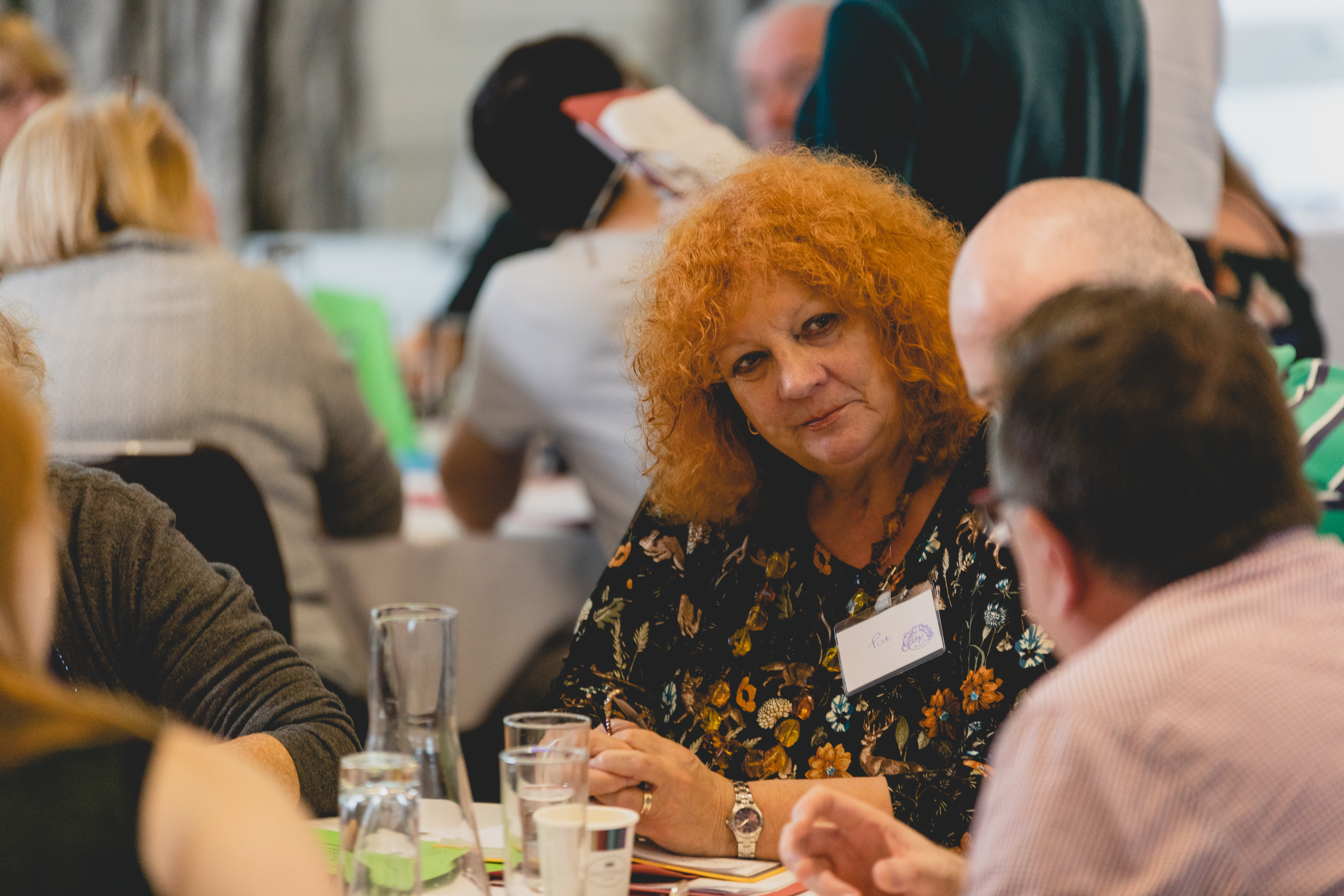By Paul Braithwaite

Paul Braithwaite works for the Community Foundation for Northern Ireland, and was a table facilitator at the Citizens’ Assembly for Northern Ireland
I was fortunate enough to be one of the table facilitators at Northern Ireland’s first ever Citizens’ Assembly this autumn. Cards on the table – I’ve been an enthusiast for citizens’ assemblies since I first heard about them a few years back and was actively involved in getting this one up and running.
But my experience from the inside surpassed my already high expectations and I left feeling energised and excited about the positive potential mechanisms like this hold for the future of our democracy. We’ll need some political courage and leadership to make that happen of course.
One of the key things I took away from this citizens’ assembly was that when you put people from a wide range of backgrounds and perspectives, who’ve never met before, into a room and ask them to consider a topic as complex as social care, constructive deliberation and a clear outcome are by no means automatic. The depth of thought and planning that Involve put into every single minute of the agenda and the flexibility to adapt in the moment was crucial.

Things like making sure everyone feels as comfortable as possible and is treated with hospitality; ensuring all the presenters are briefed to stick to time and use clear and simple language; ensuring the facilitators at each table fulfilled their role of making sure everyone’s voice was heard and no-one got to dominate; and considering the precise nature of each of the group discussions – for example when was the right moment to transition from giving space for the full spread of views present in the room, to encouraging people to deliberate with one another, persuade and try to reach agreement.
Coming into the room that first evening there was certainly some hesitancy – understandably – and a sense that if this was really a representative group of the Northern Irish public then our history of division and conflict would get in the way of proper, respectful discussion.
With those crucial ‘quality assurance’ elements in place the environment was ripe to get the most out the assembly members. It was really inspiring to watch them grow in confidence – individually and collectively – over the course of the two weekends the assembly met. Coming into the room that first evening there was certainly some hesitancy – understandably – and a sense that if this was really a representative group of the Northern Irish public then our history of division and conflict would get in the way of proper, respectful discussion.

In reality however, nothing could have been further from the truth. Everyone – certainly at the tables I facilitated – was respectful of one another. They disagreed with one another regularly but stuck steadfastly to the rule ‘play the ball not the (wo)man’.
And as a result of the expert presentations and the deliberations around the tables, over the course of the two weekends the assembly members certainly developed much clearer views on social care – some felt stronger in their original convictions, some formed a view where before they had felt insufficiently knowledgeable, and yes some people changed their minds.
The end result was a lot more consensual than I had been expecting – 3 resolutions and 27 recommendations approved by an average of 90% of assembly members.
By the end, the energy and excitement in the room was palpable and several people commented to me along the lines of ‘look at us – a representative group of the NI public – and we didn’t live up to our hype, we deliberated respectfully and agreed a way forward’. Inevitably a contrast was drawn by many with the political situation in Northern Ireland and many members expressed frustration that their elected representatives haven’t been able to do likewise in recent years.
Inevitably a contrast was drawn by many with the political situation in Northern Ireland and many members expressed frustration that their elected representatives haven’t been able to do likewise in recent years.
Perhaps that’s an unfair comparison, after all the citizens’ assembly method hasn’t yet been applied to a more contentious ‘orange versus green’ issue in Northern Ireland. But that is surely the logical next step now.
Citizens’ assemblies have demonstrated their effectiveness in countries around the world. Initial reactions to the idea of running one here sometimes provoked outbursts of what I call ‘Northern Irish (reverse) exceptionalism’: “aye but it won’t work here”. This citizens’ assembly has shown that not to be the case. With due care and attention, citizens’ assemblies can work in societies as divided as Northern Ireland too. Now let’s take that evidence and run with it.

A brilliant movement demonstrating the power of people to understand and deliberate issues and come up with solutions; in this instance to the future of social care. The challenge must now go out to politicians and goverment department a to make the resolutes and recommendations happen!